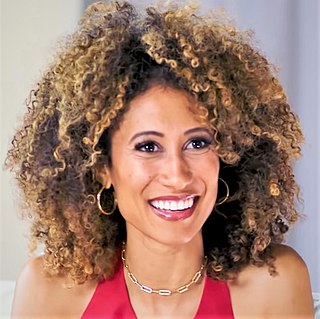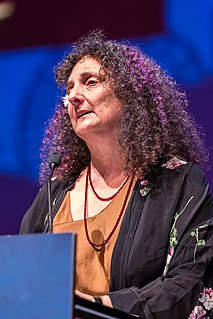A Quote by Caroline Calloway
I know people think that having a regular publisher is more prestigious, there is even this idea that self-publishing is a result of being snubbed. But self-publishing really appeals to me.
Related Quotes
Self-publishing in comics is core to the whole artform. There is no scarlet letter in comics as there still is, to some degree, in prose. As no publisher for a long time would publish serious work in comics, the only way a lot of it came out was because of self-publishing. Many of the greatest works of the medium are self-published.
Publishing is the only industry I can think of where most of the employees spend most of their time stating with great self-assurance that they don't know how to do their jobs. "I don't know how to sell this," they explain, frowning, as though it's your fault. "I don't know how to package this. I don't know what the market is for this book. I don't know how we're going to draw attention to this." In most occupations, people try to hide their incompetence; only in publishing is it flaunted as though it were the chief qualification for the job.
As it's related to publishing, I think magazines really benefit from having a staff with a range of different perspectives and cultural references so that any reader can feel like there is someone on the masthead they can relate to, someone they can trust to speak up for them. It's great to see that idea being embraced more and more.
Booksellers are tied to publishing - they need conventional publishing models to continue - but for those companies, that's not the case. Amazon is an infrastructure company; Apple sells hardware; Google is really an advertising company. You can't afford as a publisher to have those companies control your route to market.
All major publishing houses have these big fat biographies sitting there, waiting for people to die. All you have to do is slap on the end and put in on the market. It's that kind of commoditization and completion of your life before you die - and this kind of imposition of a public idea of self that replaces the actual living self - that I find so frightening.


































